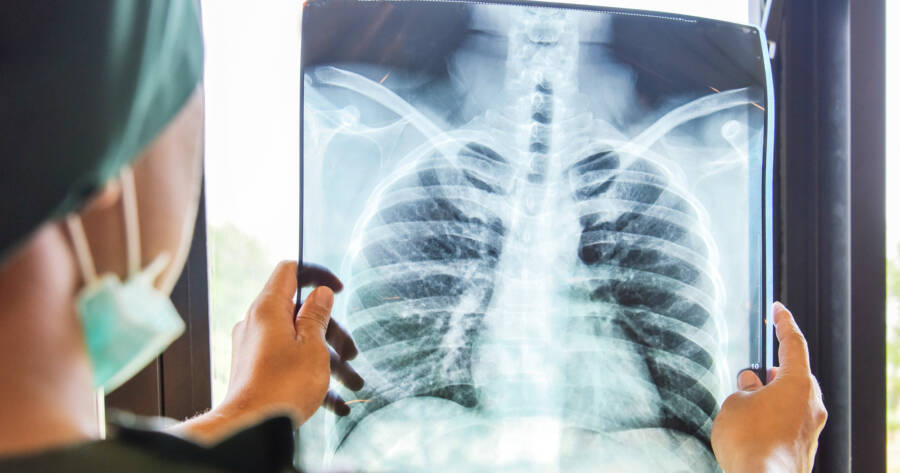Recognizing lung cancer early is key to successful treatment. While smoking is a major risk factor, even non-smokers can develop lung cancer, making it essential for everyone to be aware of the symptoms and risk factors.
What Is Lung Cancer?
Lung cancer involves the rapid growth of abnormal cells in lung tissue, which can occur in both smokers and non-smokers.1 Risk factors include secondhand smoke, air pollution, exposure to hazardous materials at work, and genetics. Lung cancer may not present clear symptoms initially, but as it progresses, signs such as persistent cough, breathing difficulties, chest pain, coughing up blood, weight loss, and fatigue may appear. Prompt medical consultation is advisable if these symptoms are observed.
Symptoms, Causes, and Risk Factors
Symptoms vary based on the tumor’s location and size but typically include:
- Persistent cough resistant to treatment
- Difficulty breathing
- Chest pain
- Blood in cough
- Unexplained weight loss
- Fatigue
- Hoarseness
- Difficulty swallowing
- Swelling in the face, neck, or arms
The primary cause of lung cancer is tobacco use.2 Other contributing factors are secondhand smoke, air pollution, and workplace exposures like asbestos, radon, and diesel fumes. Risk factors also include a family or personal history of lung cancer or chronic lung diseases and advanced age.
Treatment Options for Lung Cancer
Treatment varies depending on the lung cancer stage, type, and patient health, including surgery, radiation, chemotherapy, targeted therapy, immunotherapy, and palliative care. Each treatment aims to eliminate cancer, manage symptoms, or improve quality of life.
Prevention of Lung Cancer
Preventing lung cancer often involves lifestyle choices and environmental awareness. The most effective prevention measure is to avoid smoking and reduce exposure to tobacco smoke. Maintaining good indoor air quality and minimizing exposure to known carcinogens like radon, asbestos, and certain industrial compounds also play a crucial role. Regular health check-ups and lung screenings can detect early signs of lung cancer, particularly in individuals at higher risk due to personal or family medical history.
Support and Resources for Individuals with Lung Cancer
Living with lung cancer comes with challenges that extend beyond physical health. Emotional and psychological support is crucial for patients and their families. Many hospitals and organizations offer support groups, counseling, and educational workshops to help manage the emotional impacts of the disease. Financial assistance programs are also available to help cover the cost of treatment and medication. Engaging with a community of survivors and patients can provide encouragement and shared experiences essential for coping with the disease.
Learn More Today!
For additional details about lung cancer, including prevention and support, resources like the American Cancer Society, the National Cancer Institute, and the Centers for Disease Control and Prevention are invaluable. These can assist in understanding the disease, recognizing symptoms, and preparing for discussions with healthcare providers.
